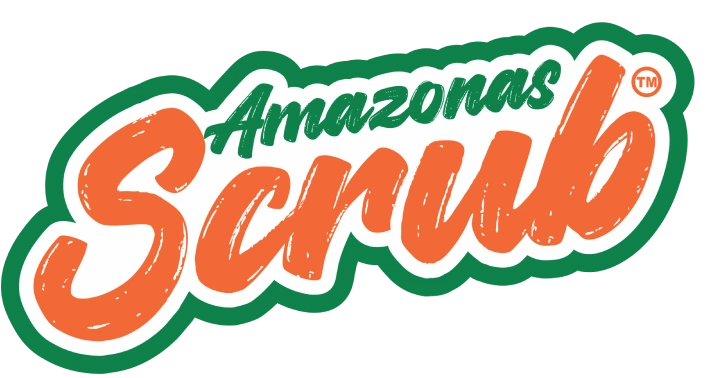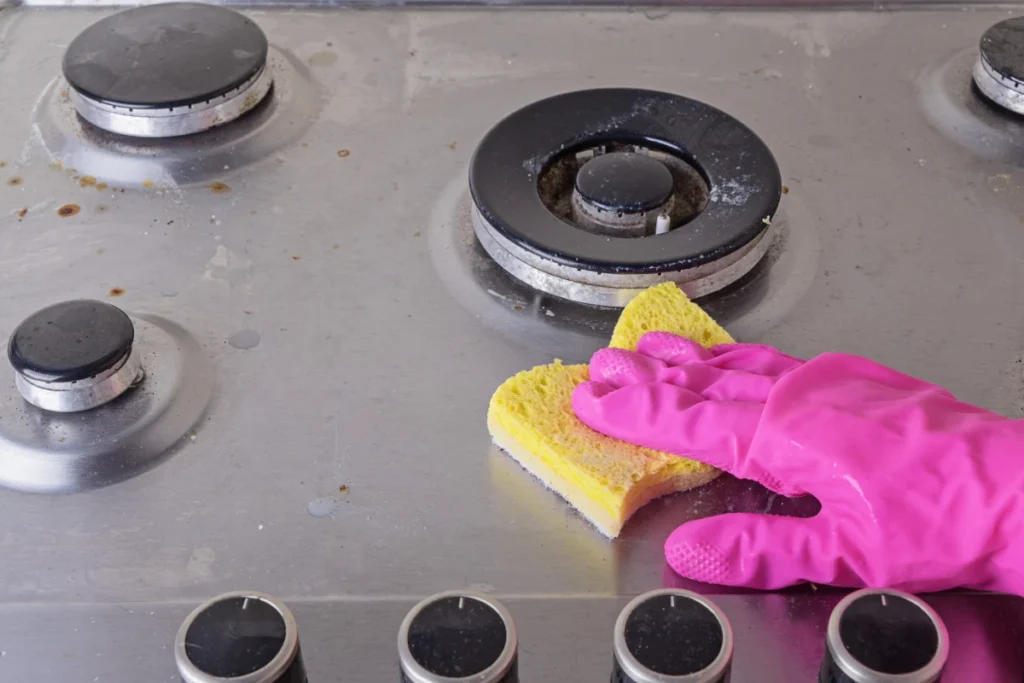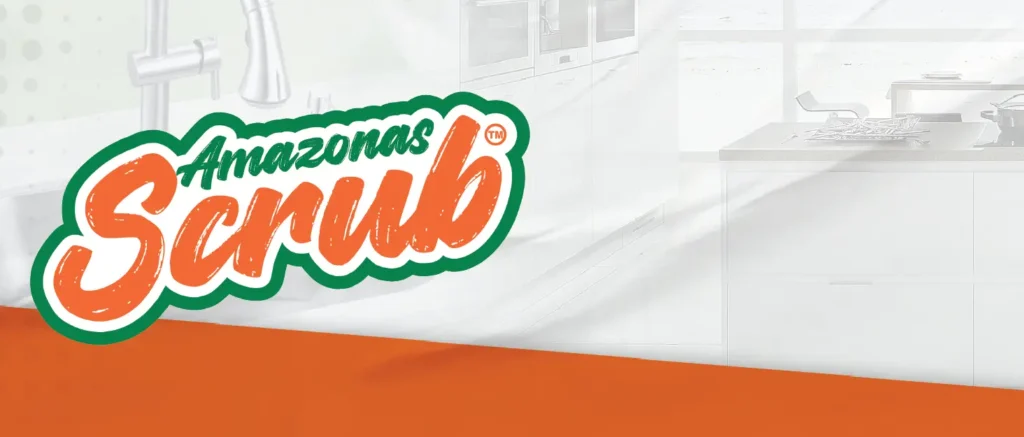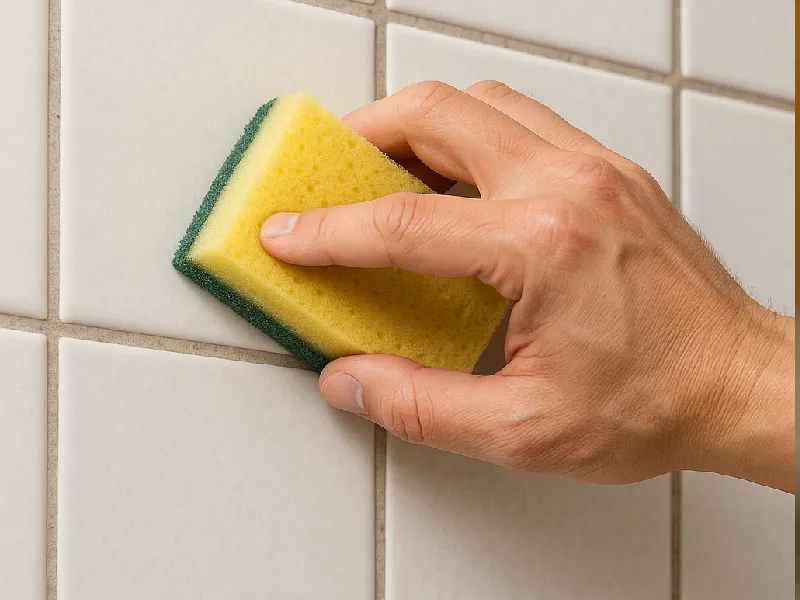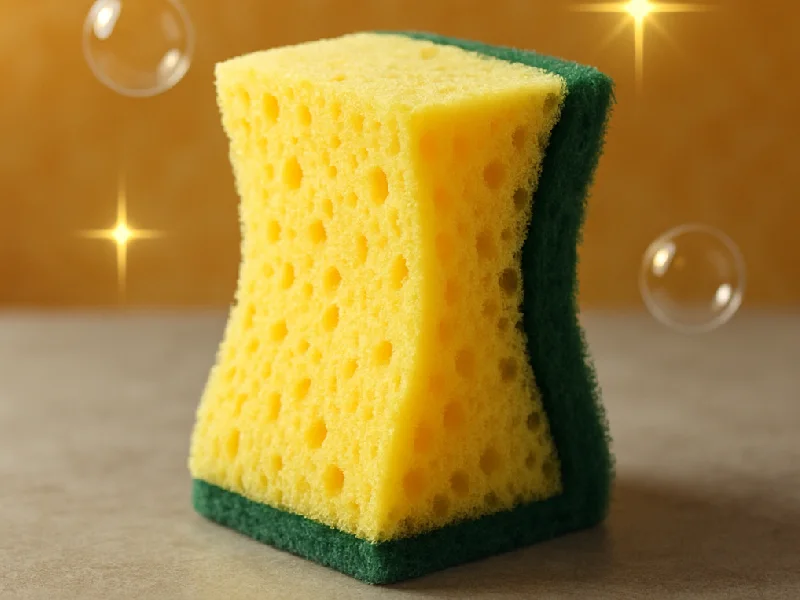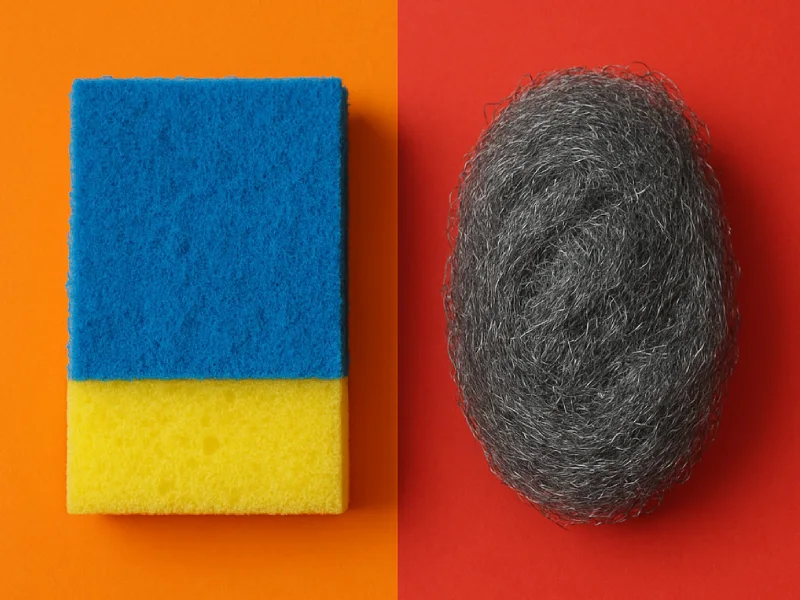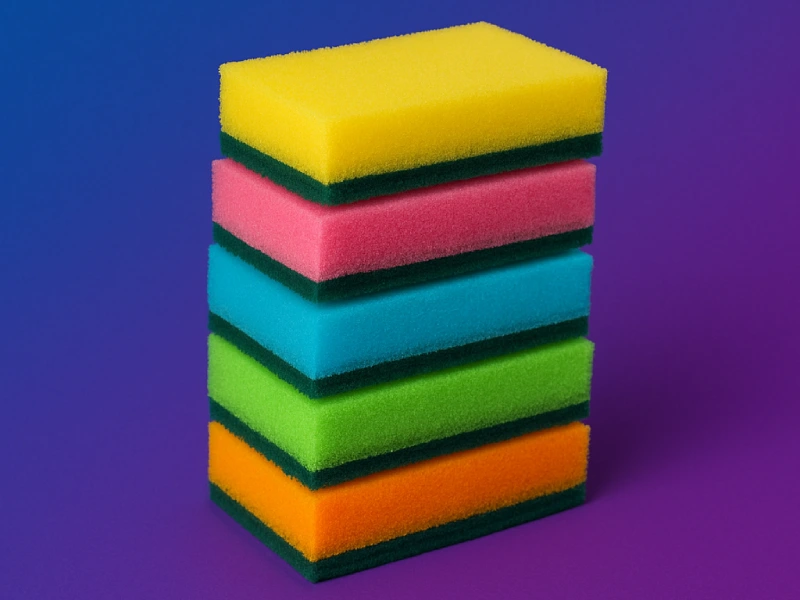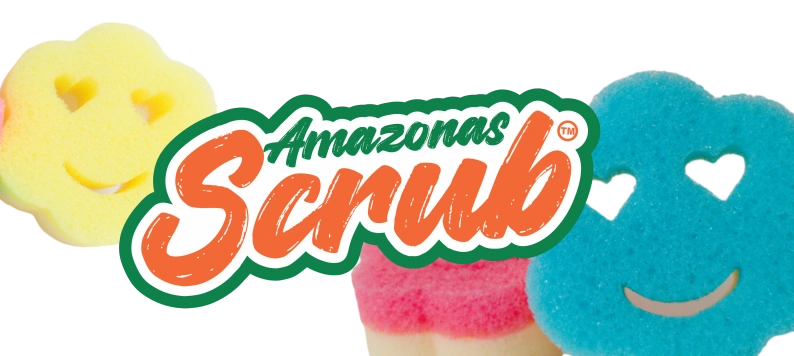Hey there! If you’re like me, you probably use a scrub sponge every day to tackle those dirty dishes, greasy pots, and food-stained countertops.
But what happens when your trusty scrub sponge starts to wear out, get dirty, or emit an unpleasant smell? Well, don’t just toss it in the trash and contribute to our mounting waste problem.
We’ll explore how you can recycle your scrub sponge and reduce your environmental impact. Let’s get started!
Extend the Life of Your Scrub Sponge: Before we dive into recycling, let’s talk about ways to extend the life of your scrub sponge.
After all, prevention is better than cure, right? Here are a few tips to keep your scrub sponge in tip-top shape for as long as possible:
Rinse it thoroughly: After each use, make sure to rinse your scrub sponge thoroughly to remove any food particles or debris. This will prevent bacteria from spreading and keep your sponge cleaner for longer.
Microwave disinfection: Once a week, you can disinfect your sponge by dampening it and microwaving it for about two minutes. This helps kill bacteria and keeps your sponge fresh.
Air drying: After each use, allow your sponge to air dry completely. This prevents moisture buildup, which can lead to unpleasant odors.
Find a Recycling Program: When your scrub sponge has served its purpose and reached the end of its usable life, it’s time to recycle it. But how?
The good news is that several recycling programs and initiatives accept scrub sponges for recycling. Here are a few options to consider:
TerraCycle: TerraCycle is a company that specializes in recycling hard-to-recycle items. They have a program called the “Scrub Sponge Zero Waste Box,” where you can send your used scrub sponges for recycling.
Simply purchase a Zero Waste Box, fill it up with your old scrub sponges, and ship it back to TerraCycle. They ensure that the sponges are properly recycled or repurposed.
Local recycling centers: Check with your local recycling center to see if they accept scrub sponges for recycling. Some centers may have specific guidelines or requirements, so it’s essential to reach out and inquire.
Repurpose and Reuse: If you’re feeling creative, you can also repurpose and reuse your old scrub sponges instead of recycling them. Here are a few fun ideas to give your scrub sponge a new lease on life:
Art projects: Cut your scrub sponge into different shapes and use them as stamps for painting or creating unique artwork. The porous texture of the sponge can create interesting patterns and textures.
Gardening aid: Cut a scrub sponge into small pieces and place them at the bottom of flowerpots or hanging baskets. They’ll help retain moisture and promote healthy plant growth.
Household cleaning: Even though your scrub sponge may no longer be suitable for dishes, it can still be handy for other cleaning tasks. Use it to scrub bathroom tiles, clean grout, or tackle stubborn stains on hard surfaces.
What Are Some Eco-Friendly Alternatives to Plastic Sponges?
If you want to avoid the hassle of recycling or composting your scrub sponges, you can opt for eco-friendly alternatives that are made from natural, renewable, or recycled materials.
Here are some examples of green scrub sponges that you can find online or in stores:
- Amazonas Scrub Sponge: Premium Eco-Friendly Cleaning Sponge for Kitchen, Bathroom, and Household – Dish Scrubber, Dishwashing, and Toilet Cleaning Sponge.

- Loofah sponges: Loofahs are natural sponges that come from the dried fruit of a tropical vine. They have a rough texture that is ideal for scrubbing dishes and surfaces. They are biodegradable and compostable.
- Coconut fiber sponges: Coconut fibers are extracted from the husk of coconuts and woven into durable sponges that can handle tough cleaning jobs. They are biodegradable and compostable.
- Walnut shell sponges: Walnut shells are ground into fine particles and mixed with cellulose to create abrasive sponges that can remove baked-on food and grease. They are biodegradable and compostable.
- Bamboo fiber sponges: Bamboo fibers are spun into soft and absorbent sponges that can clean dishes and countertops gently. They are biodegradable and compostable.
- Recycled plastic sponges: Recycled plastic sponges are made from post-consumer plastic waste, such as bottles and bags, that are melted and molded into new sponges. They reduce plastic pollution and save energy and resources.
Congratulations! You now have a range of options for recycling or repurposing your worn-out scrub sponge. By taking these steps, you’re not only reducing your environmental impact but also showcasing your commitment to sustainable living.
So, the next time your scrub sponge has seen better days, remember that there are better alternatives than simply tossing it in the trash. Let’s recycle, repurpose, and make a positive difference together!
